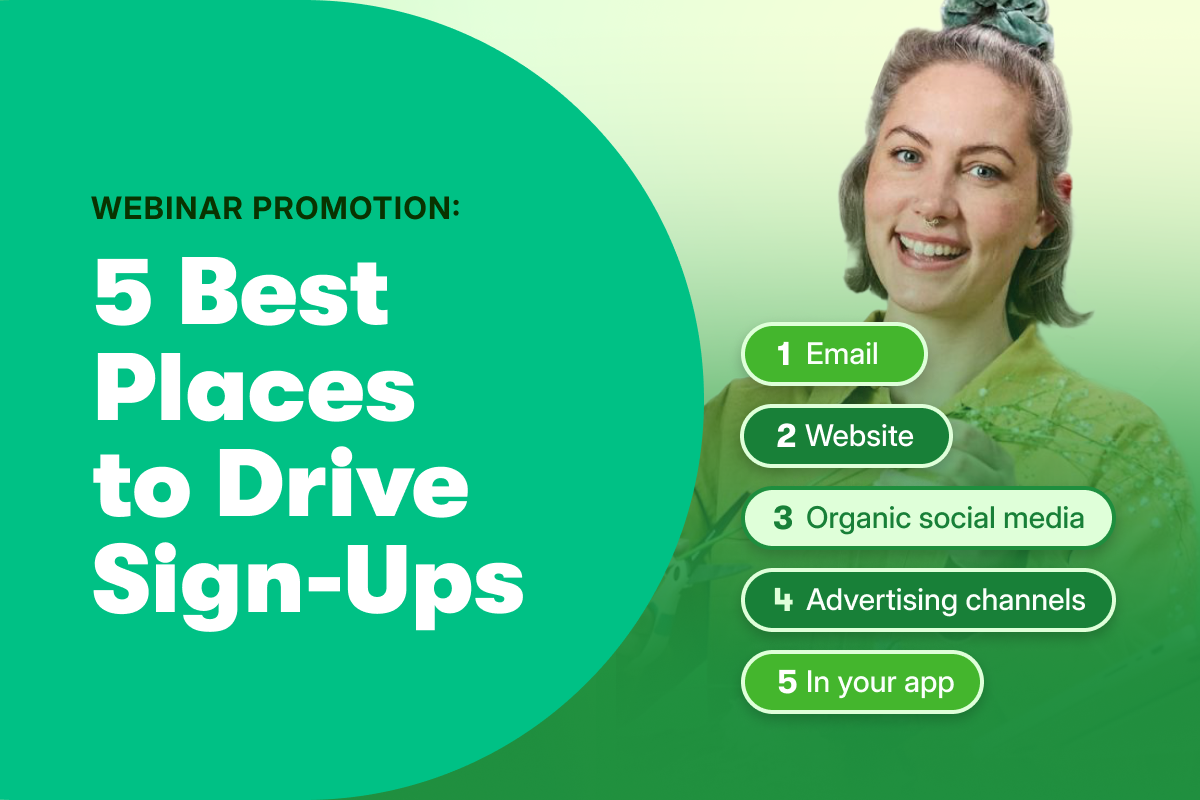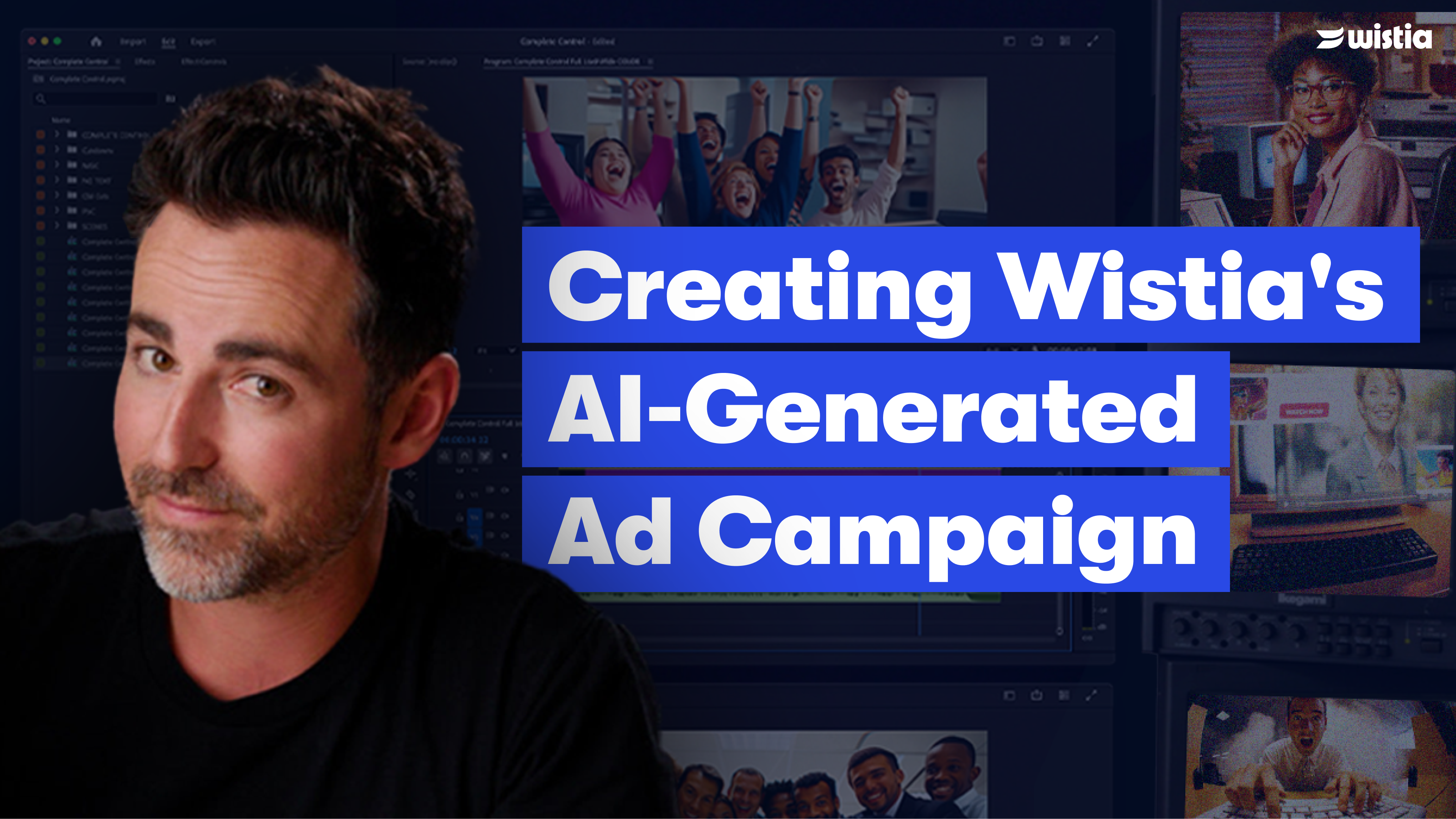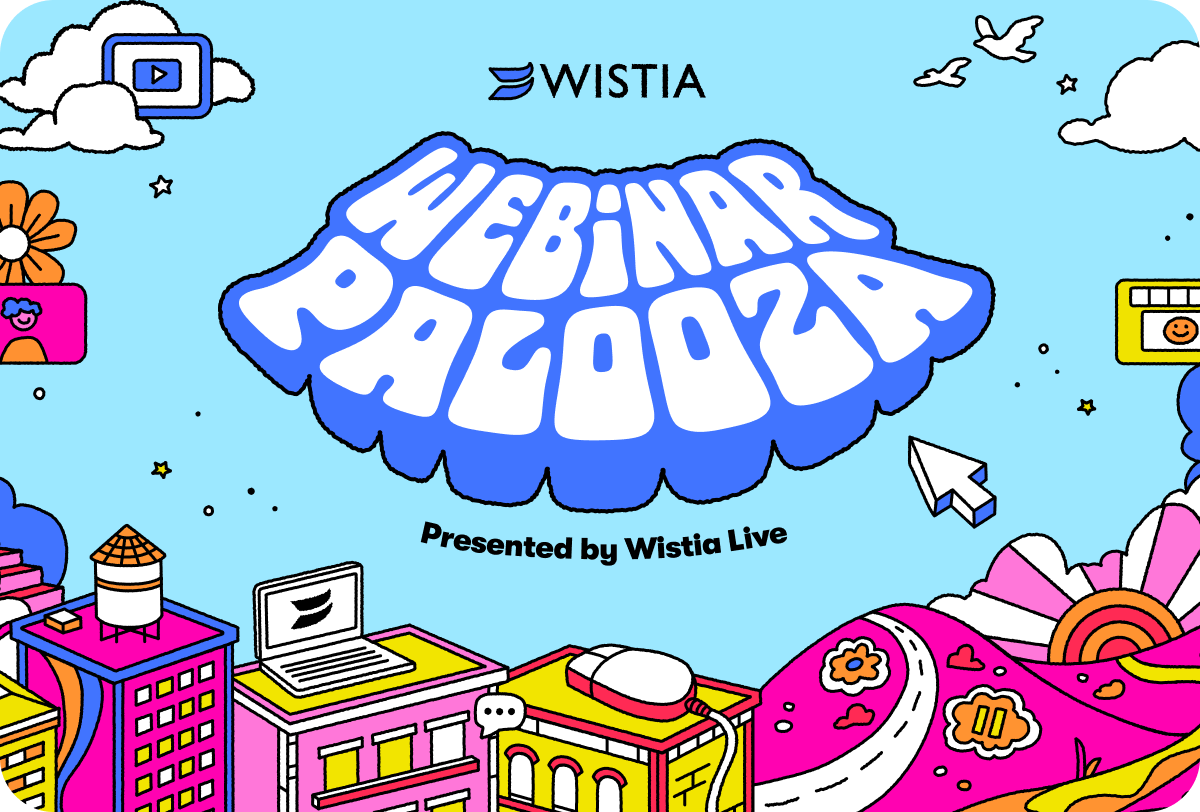How to Build a Co-Founder Partnership That Can Last (Decades)
January 9, 2019
Topic tags
After publishing the story of how we decided to raise debt to buy out our investors, Chris and I got a bunch of questions about how Wistia operates and how our partnership works. This is something we talk a lot about internally at Wistia, but we rarely talk about externally.
Here’s the short version: We’re equal partners, we were best friends when we started Wistia, and we’re still best friends more than 12 years later.
A lot of co-founders start out as friends, but it’s much less common for them to remain good friends a decade after starting a company together. And there’s a good reason for this: Startups are stressful. Paul Graham once wrote that “Startups do to the relationship between the founders what a dog does to a sock: If it can be pulled apart, it will be.” Over time, it’s easy to stop seeing eye to eye with your co-founder on what’s important. Priorities — and people — can change.
For Chris and me, though, it’s worked out. We don’t claim to have all the answers, but we have a few rules and principles that, over the last 12+ years, have helped guide and strengthen our co-founder relationship, as well as our friendship.
1. Go 50/50
When Chris and I started Wistia, we split the equity in the company 50/50, right down the middle. Later on, when we started paying ourselves a salary, we made (and have kept) those the same, too — despite lawyers, investors, and advisors warning us against it. One of the most common objections we heard to the 50/50 equity split was that when you’re facing tough decisions you can’t agree on, one founder needs to be empowered to take action. Otherwise, it’s believed that you’ll stalemate the business. One of the founders should have slightly more equity to avoid this.
The problem with this thinking — and why we’ve kept it 50/50 over all these years — is that making decisions based on ownership percentage feels worse to us than temporarily disagreeing on something. Reaching agreement is what matters. If you reach an impasse and whoever holds a percentage point more equity ends up unilaterally making the decision, it causes frustration. It puts a strain on your relationship. And aside from that, you’re likely not going to make the best decision.
Regarding salary, conventional wisdom is to pay each person based on their role. For example, if you’re the CEO, you get a CEO’s salary. If you’re a CTO, you get a CTO’s salary. This generally makes sense, but not in the case of an equal partnership. We knew each of our efforts and contributions to the business was never going to be completely equal, especially week to week. In stressful times, inequity in compensation is an easy thing to fixate on: “Why am I working twice as much this week, but getting paid less?” We’ve found that paying ourselves the same has helped to stop resentment from creeping in, especially when the going gets tough.
“We’ve found that paying ourselves the same has helped to stop resentment from creeping in, especially when the going gets tough.”
To sum this all up: If you’re building a true, equal partnership, make sure your compensation and ownership reflect that.
2. Friends first, business partners second
Part of why I think we’ve remained close for so long is that we decided early on that our friendship always comes first and the business comes second.
We’ve all heard the expression, “It’s not personal; it’s just business.” Hearing that phrase disgusts me because of the unspoken second part: “ … and I care about this business and myself more than I care about my relationship with you.” I don’t believe that anyone can effectively compartmentalize professional and personal relationships while caring deeply about others. It’s just not how we’re wired as humans.
And relationships take real work. When business comes first, it’s easy to deflect attention from personal conflicts and the emotions that come with them. Over time, though, avoiding those kinds of issues will destroy a relationship. With putting our friendship first, it’s understood that if we disagree or either of us is feeling upset or frustrated, resolving that gets top priority.
Being friends first and business partners second is important, not just for you as a person, but for the company. There are almost definitely going to be very hard times when you start a company, and in those hard times, your friendships are what sustain you.
Lastly, beyond being better for you and your company’s long-term stability, building a company with someone who is your friend first, well — it’s just more fun.
3. Don’t “disagree and commit”
In our time running Wistia, the idea that you should “disagree and commit” to solve conflicts is not one that Chris and I have found useful. The idea behind disagree and commit makes sense: acting rather than not acting. If you’re constantly hamstrung by indecision and can’t get things done, it makes a lot of sense. And it especially makes sense to apply at scale in a big organization.
But, if you’re in a co-founder relationship where you’re both passionate about what you’re building, disagreeing and committing can be a toxic behavior. If your best work comes out of being passionate, you don’t ever want to say, “Yep, fine. Let’s do your thing,” when you set out on a new project. And if you want your relationship to last, you don’t ever want to give yourself or anyone else the ability to look back and say, “Told you so.”
Doing great work, for us, is about passion. It’s about two people with deep buy-in on what they’re doing, not one person with an idea and the other person helping execute on it. For that reason, we avoid committing to something we don’t both fully agree on — and do whatever we can to find that agreement.
“Doing great work, for us, is about passion. It’s about two people with deep buy-in on what they’re doing, not one person with an idea and the other person helping execute on it.”
4. Divide and conquer is not a sustainable strategy
A lot of people think that they should divide and conquer with their co-founders: most commonly, with one person doing sales and the other building the product. For Chris and I, though, collaborating together on all aspects of the business has been key to keeping our relationship in sync and operating at a high level of performance.
Part of this is specific to the kind of relationship we’ve tried to build. We prioritize agreement over immediate action. Because of this, we need to stay highly in sync — any lack of alignment comes out in sharp relief.
Traditionally, when you bring together a “tech” or “design” founder and a “business” or “sales” founder, you end up working in silos. It creates the feeling that everyone should only focus on their own domain. In a strong partnership, though, you want to be able to give and take input on all parts of the business.
I may have been primarily responsible for designing and building the product early on, but we wouldn’t have been (and continue to be) successful without Chris’s instincts on product direction and thoughts on the minute details of the product. In those early days, we’d even have long discussions to talk through the technical architecture, despite Chris not having any experience building these systems. Having these conversations forced me to reach a high level of clarity and simplicity. Plus, understanding how our systems were built was also helpful context for Chris when thinking about sales and marketing.
The more Chris and I have tried to “divide and conquer," the more we have tended to drift apart and get out of sync.






